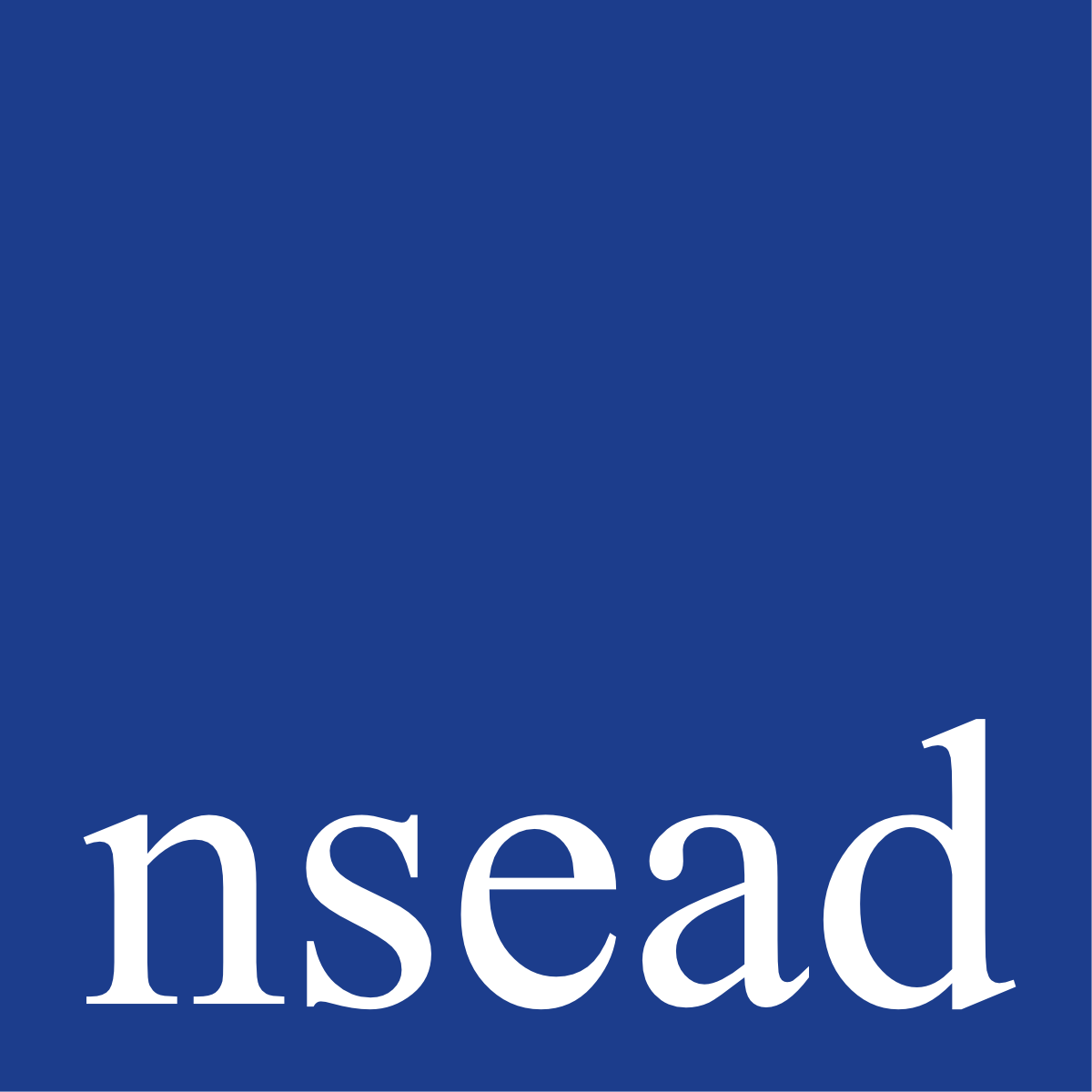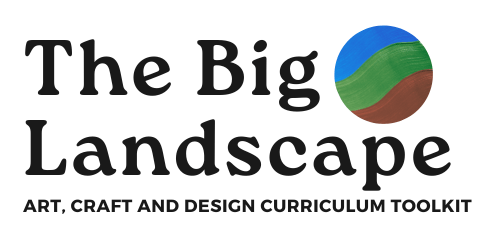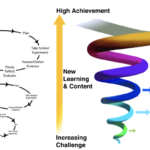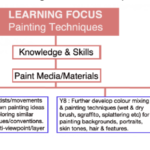Teaching and Learning is a term used to describe the teaching and learning processes and outcomes. The two concepts are linked to reinforce the expectation that learning must be the consequence or product of teaching, evident by learnersA learner is an individual who is willing to learn and understand new things. Learning is a process of understanding and acquiring knowledge of new... working toward goals set by the teacher. Such goals will integrate new knowledgeFacts, information, and skills acquired through experience or education; the theoretical or practical understanding of a subject., skillsTechniques and attributes acquired through learning, engagement and practice and behaviours into previously learned experiences.
There are multiple theories of learning which can broadly be classified into three main approaches: Constructivist, Experiential and Cognitive.
Constructivist
Knowledge is constructed from elements of content and experience, which synthesises and integrates with students’ existing/previously acquired knowledge, skills, understanding and beliefs. Learning is seen as knowledge shaped by the accumulation and evolution of thinking, becoming increasingly self-directed.
Experiential
Experiential LearningExperiential learning is the process of learning through experience, and is more narrowly defined as 'learning through reflection on doing'. Hands-on learning can be a...Learning TheoryLearning theory describes how students receive, process, and retain knowledge during learning. Cognitive, emotional, and environmental influences, as well as prior experience, all play a... or 'ELT' promotes a holistic and multi-sensory development model, which places experiential learning as central to the processes. ELT defines learning as ‘the processA series of actions, changes or operations performed in the making or creating of a product or outcomes. The procedures that one goes through in... whereby knowledge is created through the transformation of experience. Knowledge results from the combination of grasping and transforming experience’.
Cognitive
Learning accrued through operations of the mind/intellect, through observation, instruction and imitation (behaviours). Cognitive learning can be simplified to the processing of multi-sensory experiences, before then processing, codifying and remembering this new information.
In artArt refers to a diverse range of human intellectual and expressive activities and the outcomes of those activities. Within this context art is further defined..., craftCraft can be designed as intelligent making. It is technically, materially and culturally informed. Craft is the designing and hand making of individual objects and... and designDesign shapes ideas to become practical solutions and propositions for customers and users. Design is all around us, everything man made has been designed. The..., art educators use a hybrid blend of constructivist and cognitive approaches with additional emphasis on experiential learning as a means to manage process learning.
Teachers are increasingly emphasising metacognition to support self-reflection, evaluation and review, as part of assessment for learningAssessment for learning (AFL) is an approach to teaching and learning that creates feedback which is then used to improve students' performance. Students become more involved... and to build independence and resilienceIn art, resilience is the capacity of the work of art to preserve through aesthetics its particularity distinguishing it from any other object, despite the increasing subjectivization in the....
Teaching approaches and strategies are wide ranging and subject to social, cultural and political perspectives, all of which seek to influence how teachers should approach, organise and structure their ‘teaching delivery’.
Many strategies and approaches are systematised, some using stages or acronyms that explain or define processes and sequences.
PedagogyArt pedagogy is defined as the modern direction of pedagogical science, which studies the laws, mechanisms, principles, and rules for including art in the educational context.... is a term that defines the study of these theories, methods and practices, additionally taking into consideration the psychological development of learners.
Inevitably, teaching approaches and pedagogy are seen as having a rich history dating from Greek philosophers, through periods of intense human development to the present time.
More recently we are faced with the challenges and potential of multi-faith, multi-cultural and international contexts, rapid industrialisation and scientific developments. In addition, pedagogy has also become more complex and richer as we strive to engage with the development of neuroscience, digitalisation, the ubiquity of the internet and now artificial intelligence.











